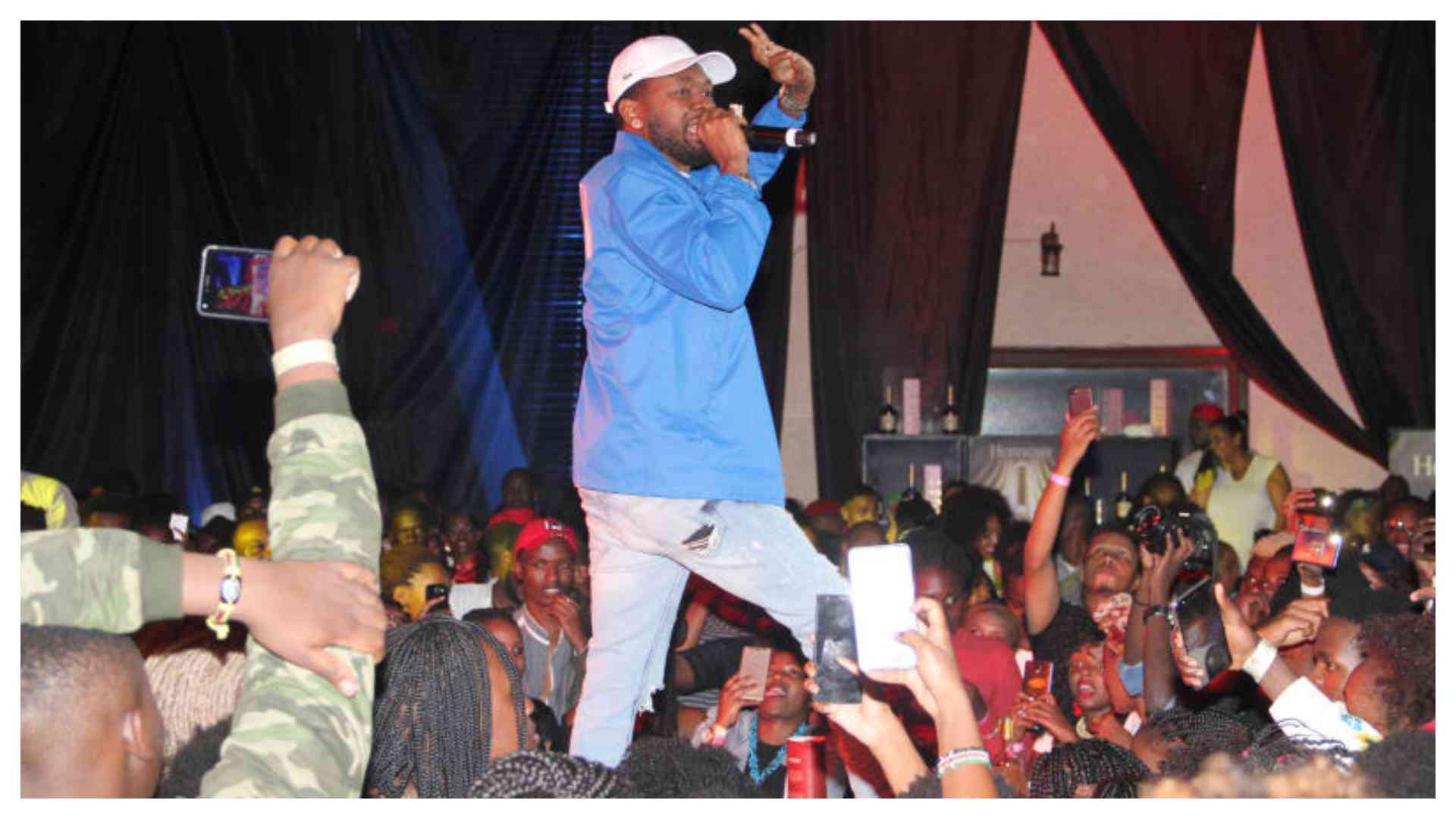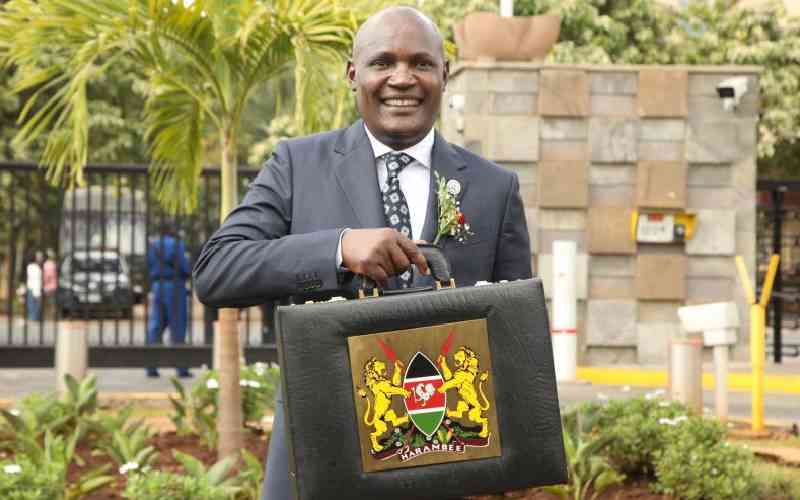Jamaican reggae artist,Kemar Donaldson popularly known by stage name as Kranium,perform on stage during free your mind concert in Nairobi on 6th April 2018.[Edward Kiplimo,Standard]
×
The Standard e-Paper
Join Thousands Daily

Jamaican reggae artist,Kemar Donaldson popularly known by stage name as Kranium,perform on stage during free your mind concert in Nairobi on 6th April 2018.[Edward Kiplimo,Standard]
Last Saturday by midnight, young Nairobi party lovers were on social media sharing their fun moments at the ASK Showground, Nairobi, where Kemar Donaldson aka Kranium was staging a concert.







